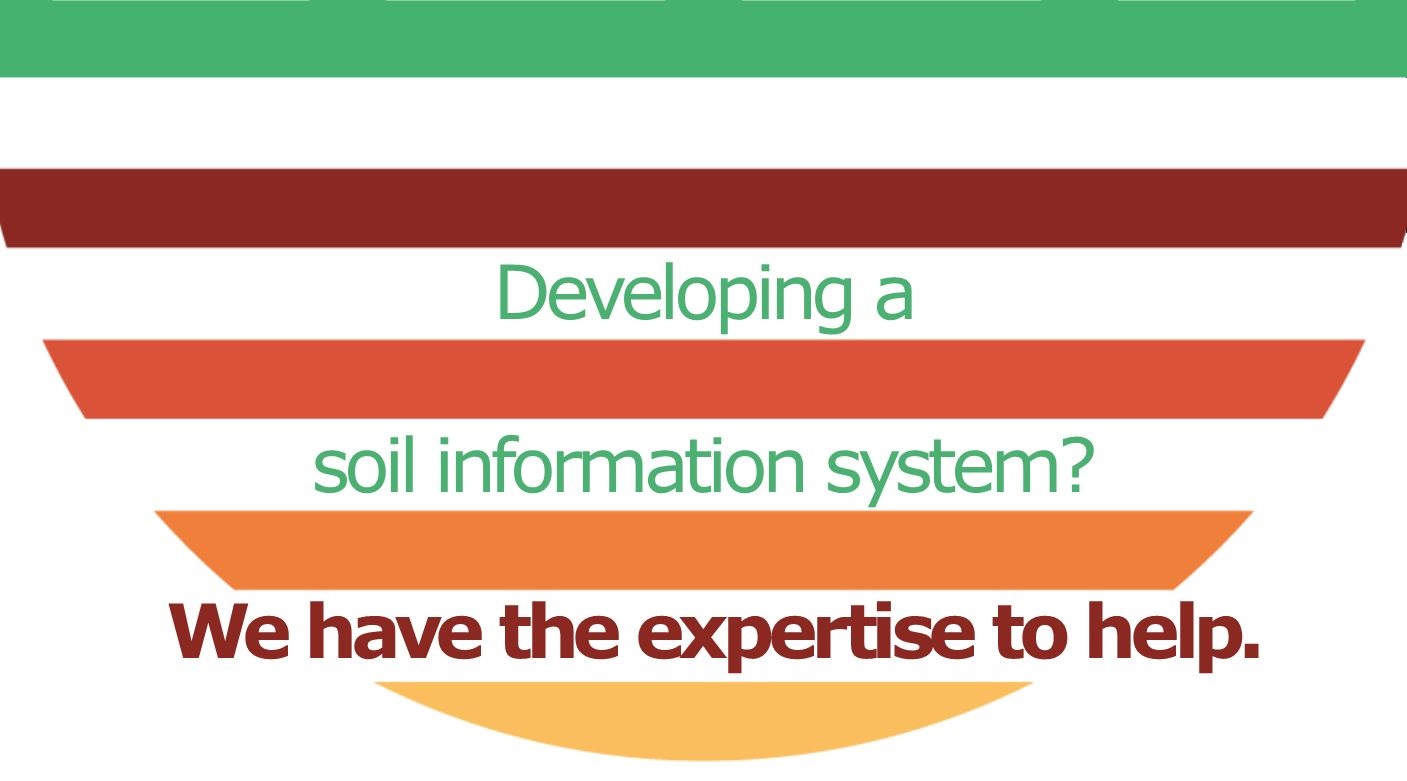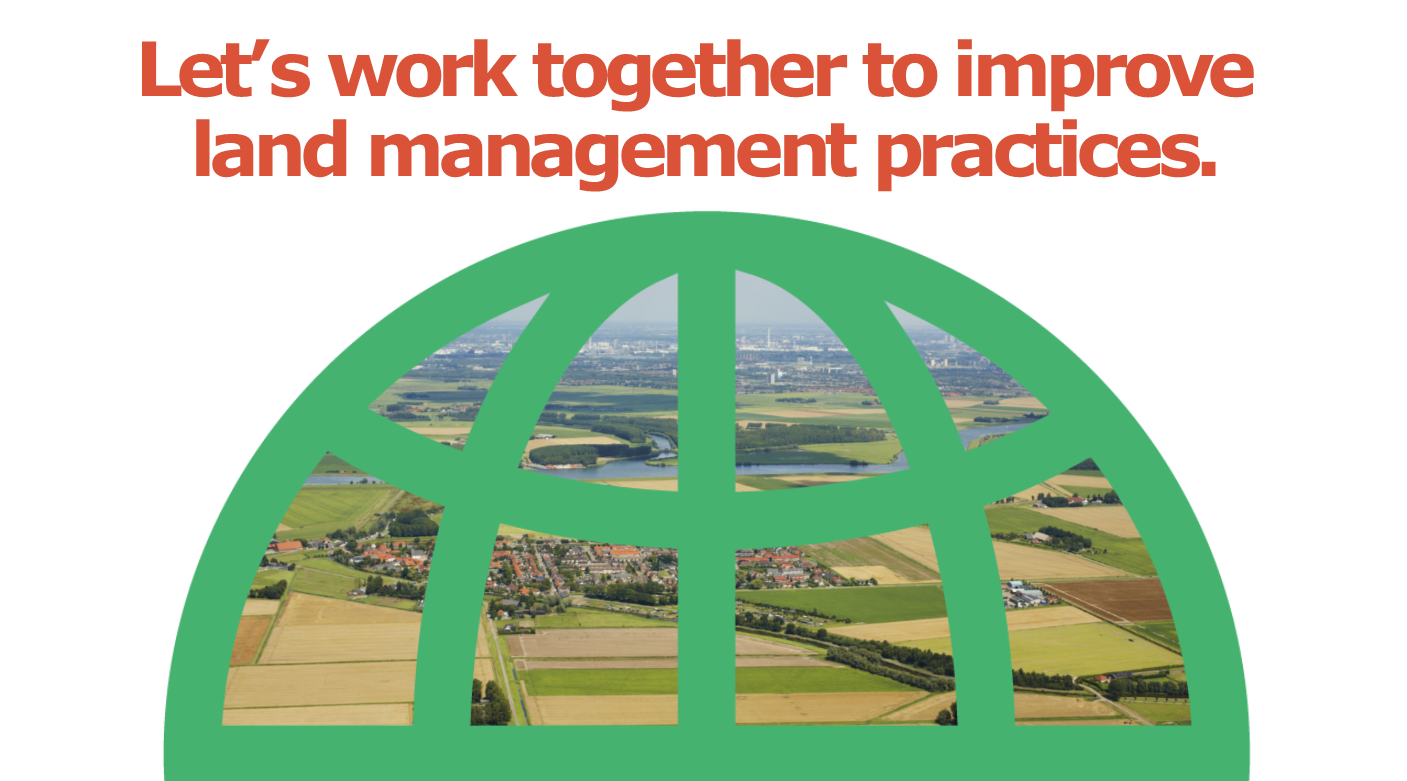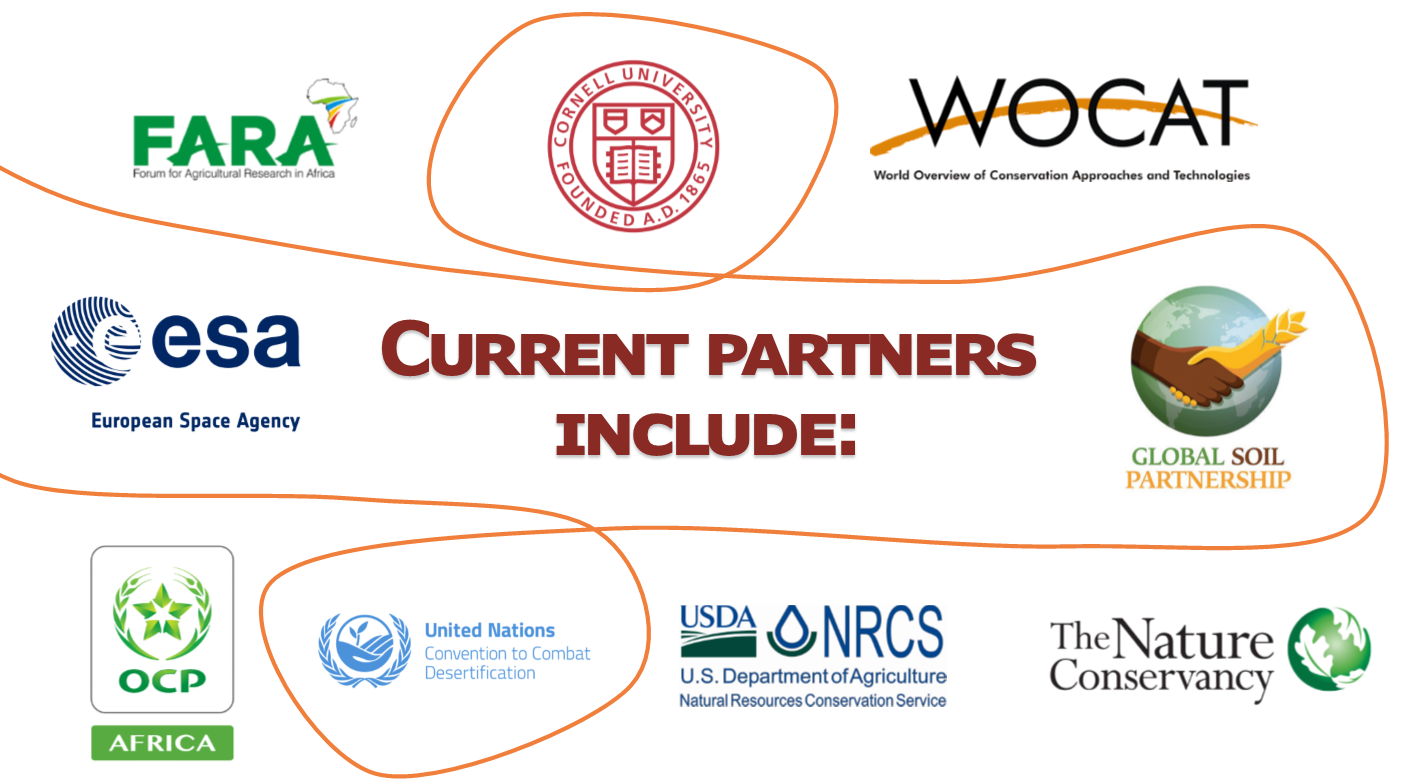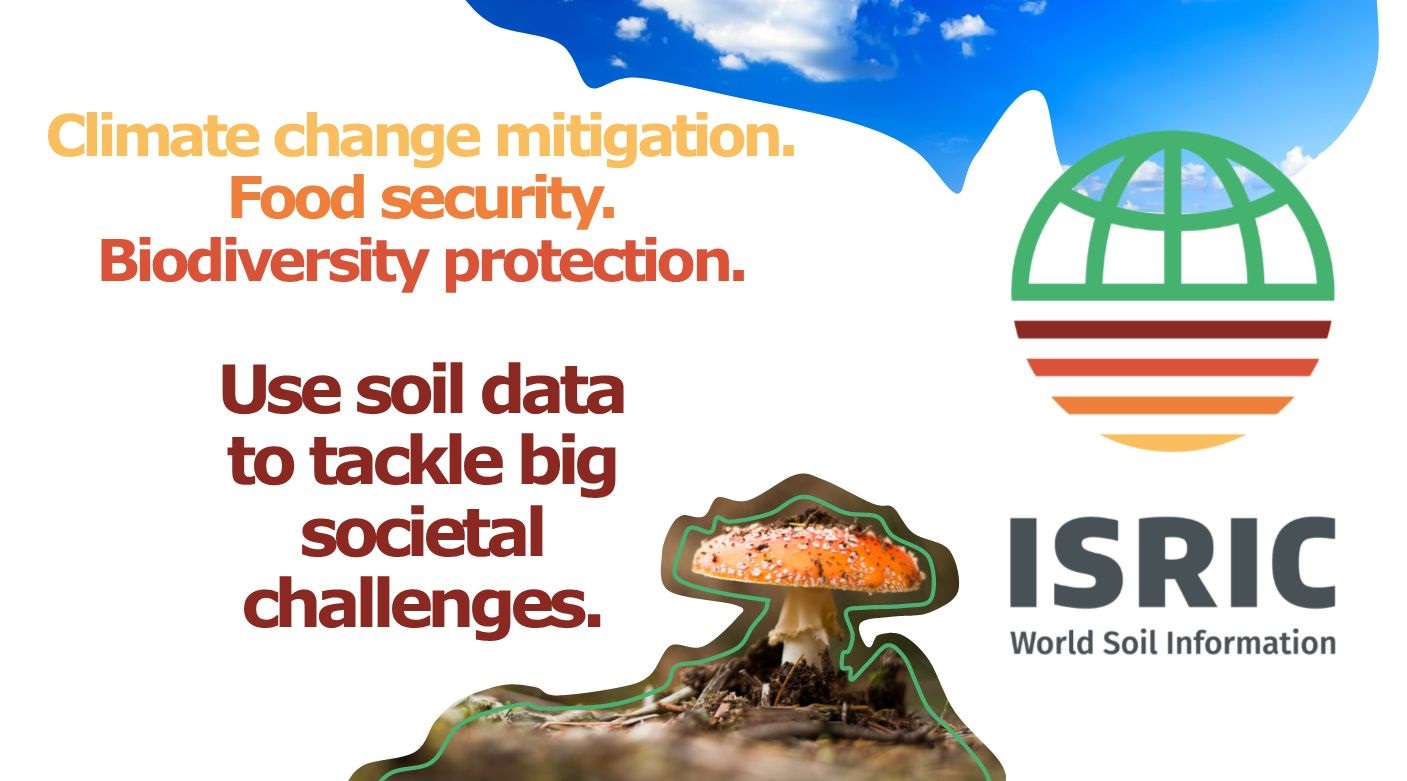Collaborate with ISRIC – World Soil Information
ISRIC – World Soil Information is open to partnerships with governments, NGOs, research institutions, and the private sector. We can make use of each other’s expertise and develop unique projects together. Our goal from the beginning of project development is to ensure sound funding for a long-term partnership with clearly defined actions.
Examples of how we will make a difference together:
- Ministries of Agriculture and Ministries of Environment: joint development of national Soil Information Systems, soil mapping, soil fertility assessments, nutrient gap maps, identification of hot spots for carbon sequestration, land suitability assessments.
- Land use planning agencies: assessments of land degradation, land suitability assessments, identification of sustainable land management practices, etc.
- Research institutions: improve your soil data handling and create soil information systems which use the latest soil data standards and methods.
- Agri-business: soil-crop information systems that help in the development of site specific fertiliser formulations.
- Food industry: help identifying site-specific good soil and land management practices contributing to a sustainable supply chain.
Contact ISRIC's external relations manager Andries Bosma to begin a conversation.
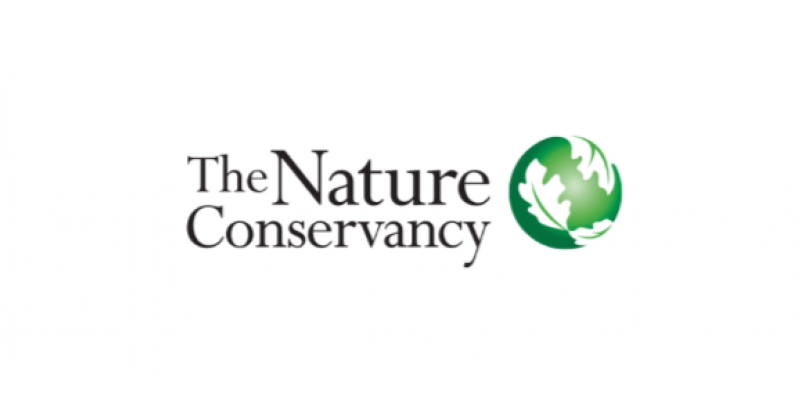
We work together with The Nature Conservancy to shine light on the potential of soil to help store more carbon and mitigate climate change. Learn about the Soils Revealed platform which models soil carbon sequestration hot spots.
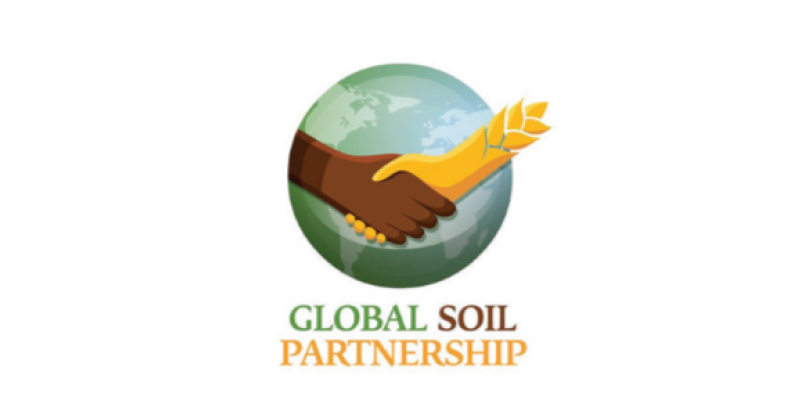
We are a proactive partner in the Global Soil Partnership, an open, interactive, responsive and voluntary partnership which includes United Nations Food and Agriculture Organization Member countries and other partners to position soils on the global agenda.
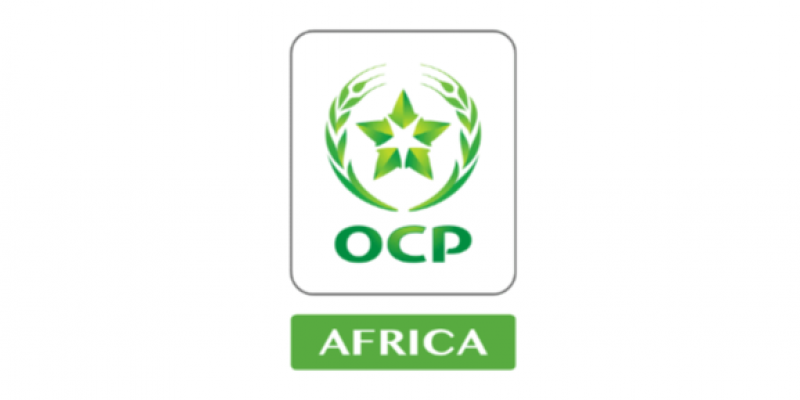
We work with OCP Africa, a major fertiliser producer, to develop area-specific fertiliser formulations for major crops across the various agro-ecosystems in Sub-Saharan Africa.
Collaboration is key to our mission of improving availability and use of quality-assured information about the world’s soil resources.
With our designation as the World Data Centre for Soils as well as the Soil Data Facility for the Food and Agriculture Organization’s Global Soil Partnership, we take an international approach to meeting soil knowledge needs.
Partnership is crucial to move the needle on the complex aspirations represented by the United Nations’ Sustainable Development Goals. For example, to promote sustainable land management, we collaborate globally through groups such as:
- Resource Watch convened by World Resources Institute,
- The European Commission’s Institute for Environment and Sustainability,
- World Overview of Conservation Approaches and Technologies (WOCAT) where we have been a core team member since its inception in 1992 and
- United Nations Convention to Combat Desertification (UNCCD) where we support the Land Degradation Neutrality (LDN) Target Setting Programme.
In an agronomic context, soil data has wide applicability for goals to improve food security and improve the sustainability of food production. We collaborate on improving food production through public research such as new crop variety testing and private sector needs such developing custom land-based fertiliser formulas.
With soil as one of the largest carbon reservoirs, soil information is key to mitigating climate change and soil organic carbon data is a strong focus for us. We are an official partner on several initiatives in this area including the:
- Global Research Alliance on Agricultural Greenhouse Gases
- the International Soil Carbon Network,
- the Coordination of International Research Cooperation on soil Carbon Sequestration in Agriculture (CIRCASA),
- Soils Revealed and
- 4per1000.
Contact:
